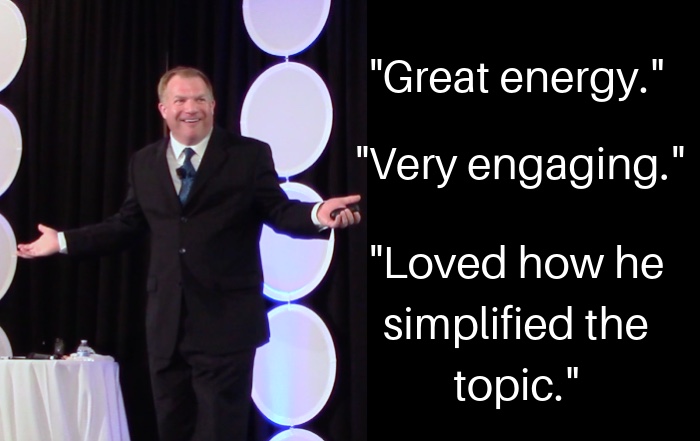 Overwhelmed leaders may want to look at how they prioritize problem solving. Good intentions can lead to spending a tremendous amount of time on every issue that comes up. This may result in other tasks not being performed or goals being postponed.
Overwhelmed leaders may want to look at how they prioritize problem solving. Good intentions can lead to spending a tremendous amount of time on every issue that comes up. This may result in other tasks not being performed or goals being postponed.
In reality, not every problem is important and some may require less action than others. It’s a trap to believe that you have to urgently address every problem that arises to a perfect solution.
Problems often fall into two categories:
Weeds
- These are problems that grow if ignored. Like a weed in a field, it’s good to pull it out of the ground when it comes up. You don’t want it to grow and spread.
- Examples of weeds could include a hole in the roof, a lack of training that’s costing you business, or a piece of equipment that has become unreliable. These issues require immediate action.
Rain
- While these problems annoy you, they don’t last very long and you may have little control over them.
- Rain is something you have to tolerate for a while and then it’s over. While it may not be fun to be caught in a rainstorm, it’s a temporary inconvenience.
- Examples of rain include a staffing shortage due to illness or a family emergency, later than expected mail pickup or delivery, and roadwork or construction next to your office.
How to Prioritize Problem Solving
When presented with a problem decide if it is a weed or rain. This determines your level of response.
If it is a weed, then you should:
- Immediately ask your team for solutions. You don’t want this situation to linger or be accepted.
- Make sure that you’re not the person who has to solve every challenge. That takes a lot of time.
- Honor your team’s expertise and have your role be as the person who make the final decision and sets a course of action.
If the problem is more like rain, consider these questions:
- Can you minimize the impact? If the one person who knows how to do something is sick, then maybe it’s a good idea to train someone else in the process.
- What can be done next time? If clouds are dark and you carry an umbrella, then you’re prepared for a rainstorm. Can similar preparation be applied to the problem? There’s a big difference between trying to stop rain and making sure you don’t get wet.
- What happens if we do nothing? A few hours of construction noise may be unpleasant but if moving isn’t possible, then it may need to be tolerated as a temporary inconvenience. Perhaps an acknowledgment of the challenge and some free bagels in the break room may help address the distraction.
While weeds and rain both represent problems, the ability to prioritize problem solving will save you time, prevent burnout, and allow you to focus on more important tasks.






